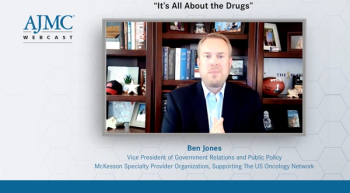
Experts from The US Oncology Network discuss the future of value-based cancer care, and what practices can do as the Oncology Care Model expires.

Experts from The US Oncology Network discuss the future of value-based cancer care, and what practices can do as the Oncology Care Model expires.
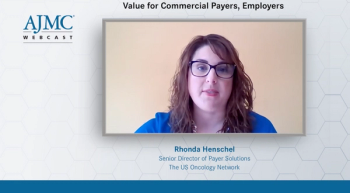
Experts from The US Oncology Network discuss the future of value-based cancer care, and what practices can do as the Oncology Care Model expires.
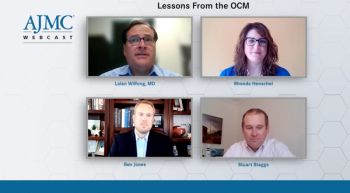
Experts from The US Oncology Network discuss the future of value-based cancer care, and what practices can do as the Oncology Care Model expires.
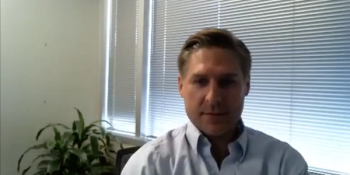
Stephen M. Schleicher, MD, MBA, chief medical officer, Tennessee Oncology, previews the Nashville meeting of The American Journal of Managed Care®'s Institute for Value-Based Medicine® (IVBM), co-hosted by Tennessee Oncology.
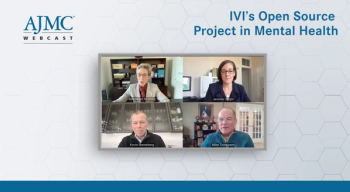
Leadership from the Innovation & Value Initiative, along with experts in mental health and a representative from employer purchasing group, discuss strategies for creating value-based decisions in mental health coverage.
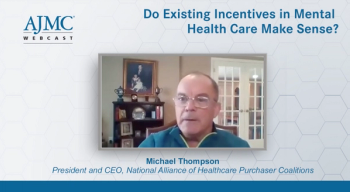
Leadership from the Innovation & Value Initiative, along with experts in mental health and a representative from employer purchasing group, discuss strategies for creating value-based decisions in mental health coverage.
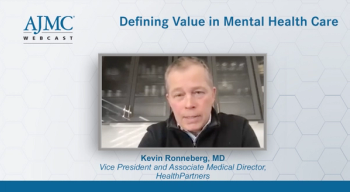
Leadership from the Innovation & Value Initiative, along with experts in mental health and a representative from employer purchasing group, discuss strategies for creating value-based decisions in mental health coverage.
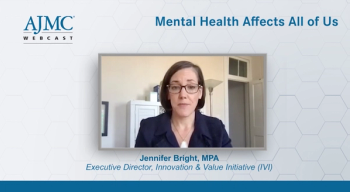
Leadership from the Innovation & Value Initiative, along with experts in mental health and a representative from employer purchasing group, discuss strategies for creating value-based decisions in mental health coverage.
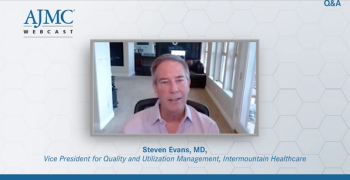
Experts discuss current trends in Medicare Advantage during the current annual enrollment period, best practices for communication, and gain clarity about the benefits and costs for both providers and beneficiaries.
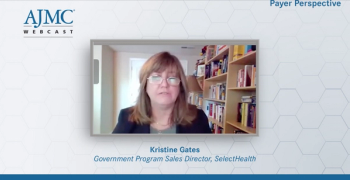
Experts discuss current trends in Medicare Advantage during the current annual enrollment period, best practices for communication, and gain clarity about the benefits and costs for both providers and beneficiaries.
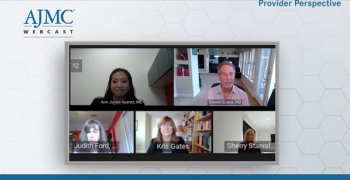
Experts discuss current trends in Medicare Advantage during the current annual enrollment period, best practices for communication, and gain clarity about the benefits and costs for both providers and beneficiaries.
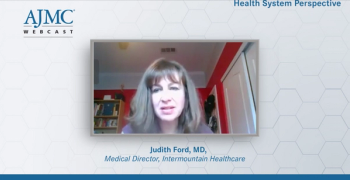
Experts discuss current trends in Medicare Advantage during the current annual enrollment period, best practices for communication, and gain clarity about the benefits and costs for both providers and beneficiaries.
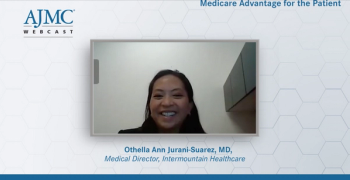
Experts discuss current trends in Medicare Advantage during the current annual enrollment period, best practices for communication, and gain clarity about the benefits and costs for both providers and beneficiaries.
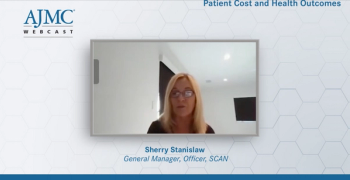
Experts discuss current trends in Medicare Advantage during the current annual enrollment period, best practices for communication, and gain clarity about the benefits and costs for both providers and beneficiaries.
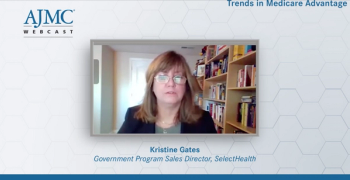
Experts discuss current trends in Medicare Advantage during the current annual enrollment period, best practices for communication, and gain clarity about the benefits and costs for both providers and beneficiaries.
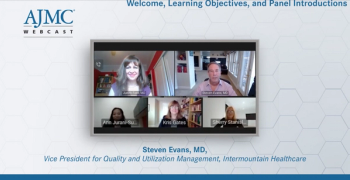
Experts discuss current trends in Medicare Advantage during the current annual enrollment period, best practices for communication, and gain clarity about the benefits and costs for both providers and beneficiaries.
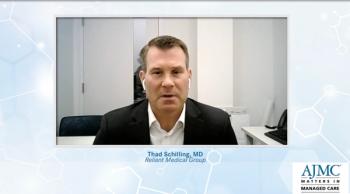
Experts from Optum, WellMed, and Reliant discuss strategies for bringing value-based payment into specialty care through the use of education and analytics.
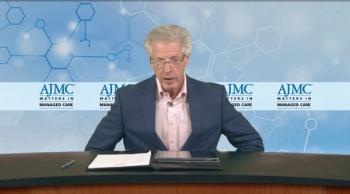
Experts from Optum, WellMed, and Reliant discuss strategies for bringing value-based payment into specialty care through the use of education and analytics.
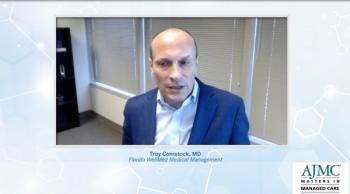
Experts from Optum, WellMed, and Reliant discuss strategies for bringing value-based payment into specialty care through the use of education and analytics.
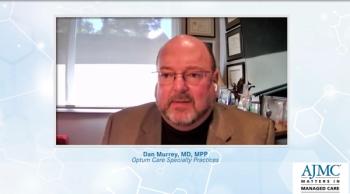
Experts from Optum, WellMed, and Reliant discuss strategies for bringing value-based payment into specialty care through the use of education and analytics.

Experts from Optum, WellMed, and Reliant discuss strategies for bringing value-based payment into specialty care through the use of education and analytics.

Patricia Salber, MD, MBA, of The Doctor Weighs in, speaks with Aledade co-founder, Farzad Mostashari, MD, about how his company is keeping physicians independent through value-based care.
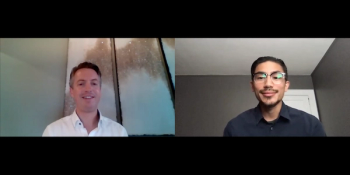
In addressing the COVID-19 pandemic, a more active-based approach is warranted among employers to optimize care. Through detailed databases and a greater focus on population health, Paladina Health has promoted this transition to a more informed, value-based health care delivery system, said Kirk Rosin, chief revenue officer of Paladina Health.
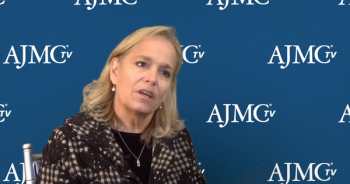
Unlike in fee-for-service, we have an amazing opportunity to begin to understand and build in factors that will keep patients healthy and give them the best outcomes possible, said Lili Brillstein, CEO of Brillstein Collaborative Consulting, and former Director for Episodes of Care at Horizon Blue Cross Blue Shield of New Jersey.

There will never be all mandatory payment models or all value-based models, but we can craft a value-based model around just about anything as long as everybody agrees on what the criteria is, said Lili Brillstein, CEO of Brillstein Collaborative Consulting, and former Director for Episodes of Care at Horizon Blue Cross Blue Shield of New Jersey.

New technologies and quick drug approvals contribute to the challenges of incorporating value-based care in oncology, said Lili Brillstein, CEO of Brillstein Collaborative Consulting, and former Director for Episodes of Care at Horizon Blue Cross Blue Shield of New Jersey.
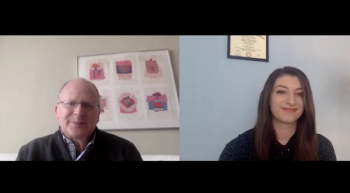
We spoke with Dr Mark Fendrick, co-editor-in-chief of The American Journal of Managed Care®, and director of the University of Michigan Center for Value-Based Insurance Design, or V-BID, on how the principles of V-BID can be used to make a real difference for the millions of American families financially struggling with the impacts of coronavirus disease 2019 (COVID-19) and can help shape the new healthcare delivery landscape after the pandemic.
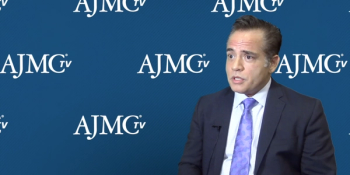
Oncology practices in 2-sided risk arrangements have reported mixed results, pointing to the need for more time to make the transition, said Michael Diaz, MD, president of Community Oncology Alliance.
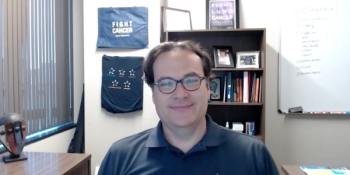
Individuals should register for Community Oncology Alliance's virtual meeting to hear "amazing" speakers present groundbreaking research, said Lalan Wilfong, MD, medical oncologist and vice president of value-based care and quality programs at Texas Oncology.
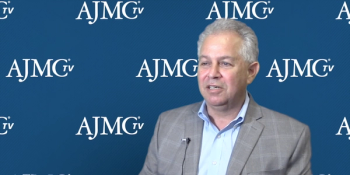
The expansion of Medicare Advantage benefits patients, but presents challenges in oncology care, said Jeffrey Lowenkron, MD, chief medical officer of The Villages Health.

259 Prospect Plains Rd, Bldg H
Cranbury, NJ 08512
© 2025 MJH Life Sciences®
All rights reserved.
